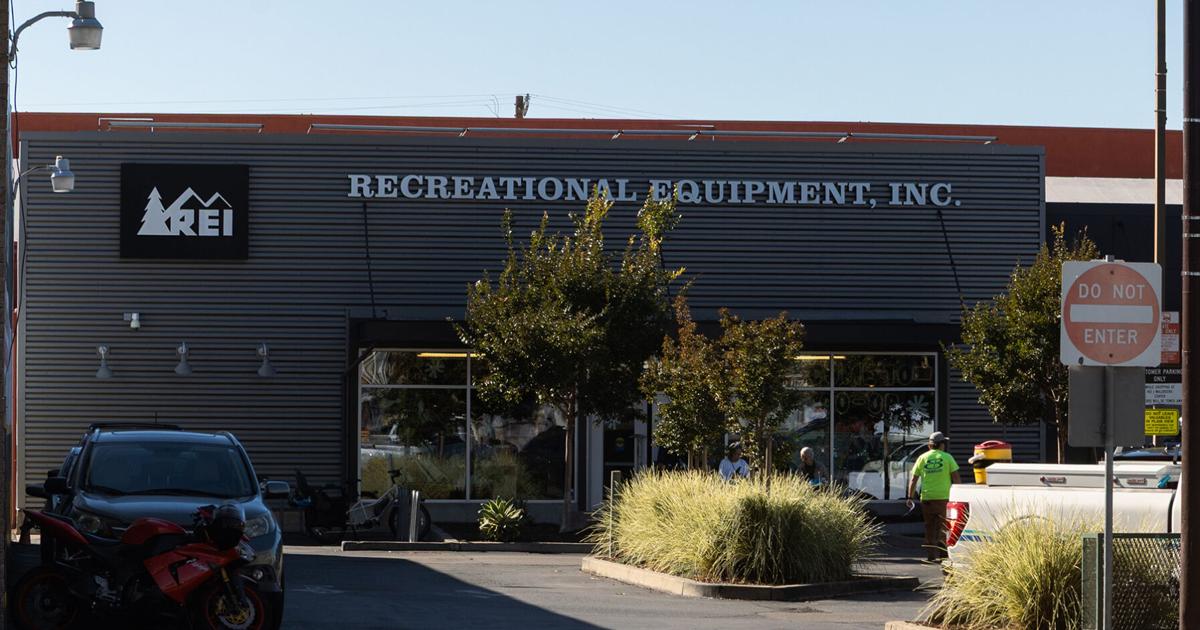East Bay resident Elena Hunter filed a lawsuit alleging accessibility issues at REI’s Berkeley location, violating the Americans with Disabilities Act, or ADA, and Unruh Civil Rights Act.
Hunter, a functionally blind individual who wanted to shop at a shopping center including REI, claimed the property lacks an accessible route leading to the business, which would have required eliminating curbs and installing ramps. According to the lawsuit, the lack of an accessible route “results in unnecessary risk to Plaintiff of potentially severe injuries” and “has placed visually impaired pedestrians at risk.”
Hunter also claimed that the property lacks detectable warnings such as truncated domes, which feature a pattern of raised domes on a surface to alert visually impaired pedestrians that they are entering a potentially hazardous area. Compliant warning signs are required by Title 24 of the California Business Code, or CBC, and accessible routes by the ADA and the CBC.
Hunter claimed that the property’s current lack of an accessible path of travel and detectable warnings constitute violations of the ADA and are therefore a “per se violation” of the Unruh Act.
“Unless ordered by this Court to bring the Property into compliance with state law, and to periodically maintain the Property to ensure continued compliance, Defendant will likely continue to discriminate against blind and visually impaired individuals such as Plaintiff with respect to the services offered by the businesses operated on the Property,” the lawsuit stated.
The property is owned by 1050 Gilman LP, a Delaware limited partnership and the defendant in this suit. Kessler & Kessler, the law firm representing 1050 Gilman LP, declined to comment.
Hunter is seeking a declaration that the property violates state law and an injunction requiring 1050 Gilman LP to remediate the property so that it is fully accessible to and independently usable by blind and visually impaired people, as well as damages and attorney’s fees. She is requesting trial by jury.
Hunter has filed 19 complaints alleging construction-related accessibility violations in the past 12 months.
“She feels it’s an important public service also to other vision impaired people to be able to access the building of the business and other businesses in and around where she lives,” said Eric Calhoun of Calhoun & Associates, the law firm representing Hunter.
Calhoun & Associates has represented Hunter in previous physical disability lawsuits against other companies. Calhoun said he believes it is important to uphold the public policy of the state of California and ensure that disabled people have full and equal access to businesses.
“I think it is important to everyone that disabled people have safe and fair and equal access to places of public accommodation like stores and restaurants,” said Calhoun.

